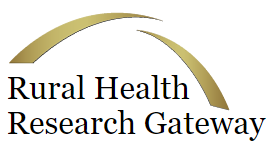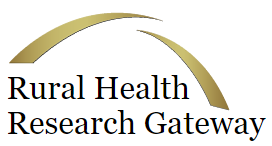January 14, 2026

Rural Health Research: Rural-Urban Differences in Homebound Status by Health and Functional Limitations
Without access to adequate institutional or home and community-based care, older adults may become homebound, a state that is associated with poorer health outcomes, higher rates of hospitalization and emergency department use, and greater risk of social isolation, functional decline, and mortality. Yet, little is known about how rates of being homebound differ between rural and urban older adults by specific health indicators. This brief from the University of Minnesota Rural Health Research Center addresses that gap.
Key Findings:
- Rural and urban Medicare beneficiaries age 65 and older reported similar rates of being homebound (5.7% and 6.1%).
- Rural older adults in very good health (on a scale from poor to excellent) were less likely than their urban counterparts to be homebound (0.4% vs. 2.1%). However, rural older adults in poor health were more likely to be homebound than urban older adults in poor health, although the difference was not statistically significant (35.7% vs 27.1%).
- Among both rural and urban older adults, the highest rates of being homebound were among people with diagnoses of dementia (26.6% and 26.2%, respectively) and stroke (24.0% and 13.3%).
Click Here to Read More



